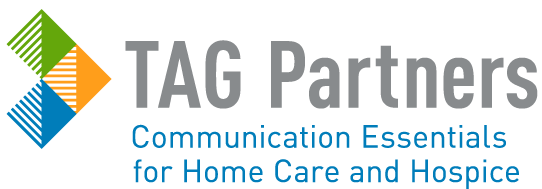Aphasia is a condition that occurs when the language areas of the brain are damaged by injury, stroke, or tumor. There are three main types of aphasia: fluent, non-fluent, and global.
Wernicke’s, the most common type of fluent aphasia, is the result of damage to the temporal lobe of the brain. People with Wernicke’s aphasia tend to speak in long phrases that have no meaning, such as: Cat washing the door is that honey bee and my hour glass doorarator tomorrow. They are often unaware of their mistakes and struggle with language comprehension.
Broca’s, the most common type of non-fluent aphasia, develops when the frontal lobe of the brain is injured or damaged. People with Broca’s tend to have paralysis on the right side of their body and can understand speech, and know what they want to say, but they struggle to say or write it. They generally are only able to blurt out small phrases or a couple of words at a time.
Global aphasia is the result of extensive damage to the brain’s language areas. Those with global aphasia experience severe disabilities of speech and language comprehension.
Home health agencies routinely treat patients recovering from strokes, debilitating brain injuries, and brain cancer. When someone suffers a brain injury, they experience both a physical and mental loss of control. This loss of control can cause some to feel anxious, afraid, or agoraphobic when leaving the confines of their home. Home health care benefits these patients by providing them quality medical care, and physical, and speech therapies in the safety if their home environment. Personalized care administered in a private home setting can result in greater patient participation and a higher rate of recovery.
Emphasize the quality and convenience of home care in your marketing strategies. Provide patient outcome scores in the print media you choose to increase your physician referrals.
May is National Stroke Awareness Month and the perfect time to raise awareness about stroke prevention and the benefits of choosing home health care. Why not partner with local community organizations to sponsor a Purple Walk or 5k run.
Provide blood pressure screening and information on healthy eating and age appropriate exercises that can lower the risk for stroke and cardiovascular disease.
Encourage food trucks that cater to a heart healthy diet to join in.
Invite the local media to participate and report on the event.
Visit TAGWebstore.com to order your print media and hand-outs for the event.


